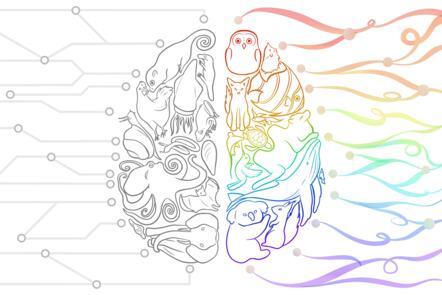MOOC List is learner-supported. When you buy through links on our site, we may earn an affiliate commission.

MOOC List is learner-supported. When you buy through links on our site, we may earn an affiliate commission.
On this course from the University of Padova, you’ll explore the use of animal models in psychology, neuroscience, and other biomedical research strands. This will be achieved through videos, papers, and interviews with some of the most important scientists in this field, such as Michael J Beran, Caroline Brennan, Cinzia Chiandetti, Giorgio Vallortigara and Anna Wilkinson.
Use animal models to answer age-old neurocognitive questions
By researching animal models, we are able to develop a deeper understanding of human neurocognitive systems.
The course will help you assess how animal studies are relevant in helping us understand the human mind, and see why animal research can sometimes provide more useful insights than human research.
As you investigate the role of animal research in helping us understand the age-old nature versus nurture debate, you’ll also tackle key questions around the topic of animal models, like ethical issues.
The final steps of the course will invite you to design an experiment yourself, using some of the most common animal models in the field.
Syllabus
Week 1: Understanding animal minds from the outside
Week 2: The nature-nurture problem and the contribution of animal studies
Week 3: Learning about learning through animals
Week 4: Animal models of learning disabilities and psychopathologies
What will you achieve?
By the end of the course, you‘ll be able to...
- Compare how cognitive scientists conduct animal studies.
- Discuss the proper terminology in this field.
- Assess the relevance of animal studies in the comprehension of human mind.
- Identify when animal research can provide more useful insights in cognitive sciences rather than human research.
- Design an experiment involving the most common animal models in this field.
- Debate on the ethical issues associated to the use of animal models.
Who is the course for?
This course is aimed at students and researchers in the fields of neuroscience, psychology, animal cognition, and animal care.
It will be of interest to anyone who wants to learn more about the use of animal models in research related to humans.
MOOC List is learner-supported. When you buy through links on our site, we may earn an affiliate commission.
MOOC List is learner-supported. When you buy through links on our site, we may earn an affiliate commission.
